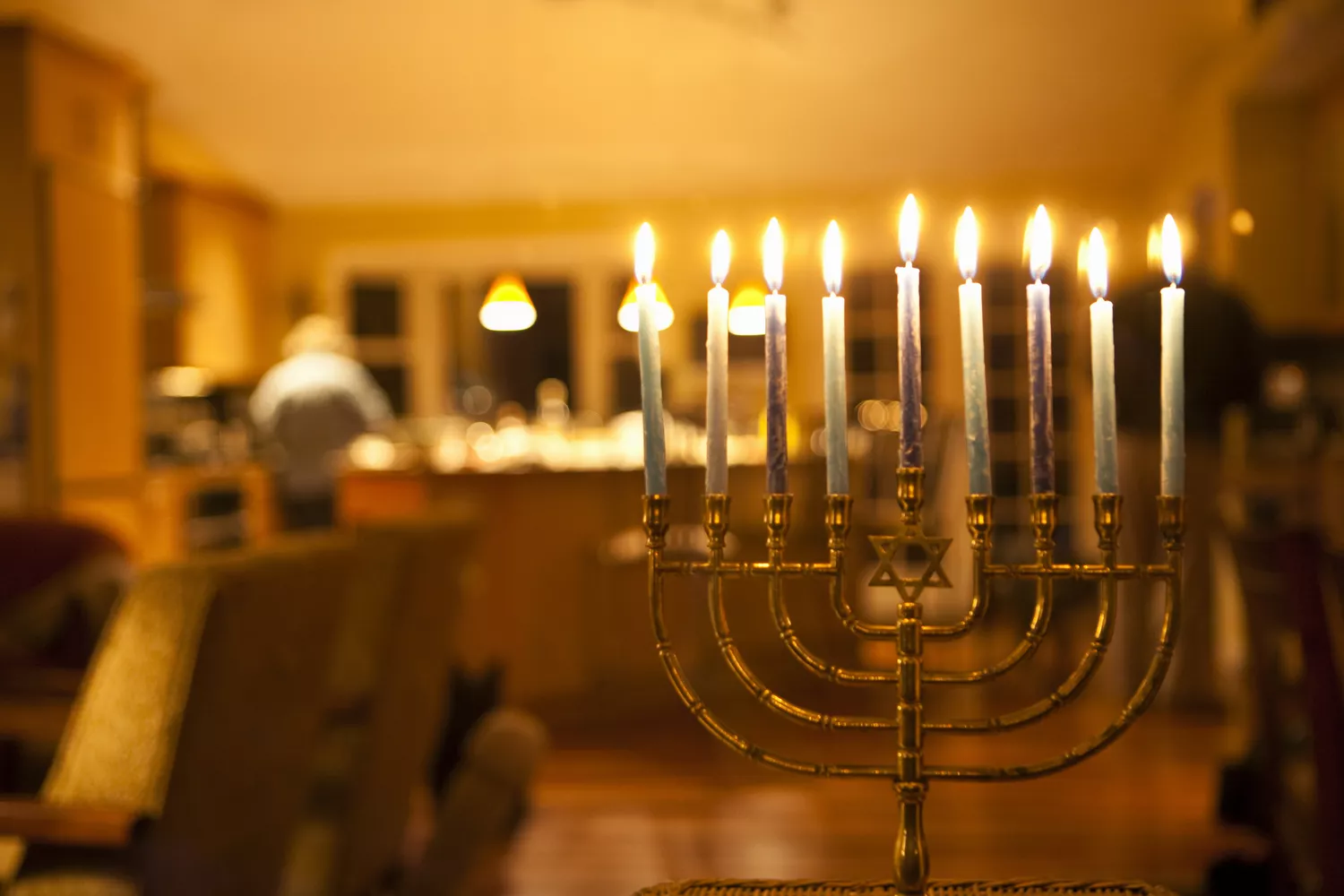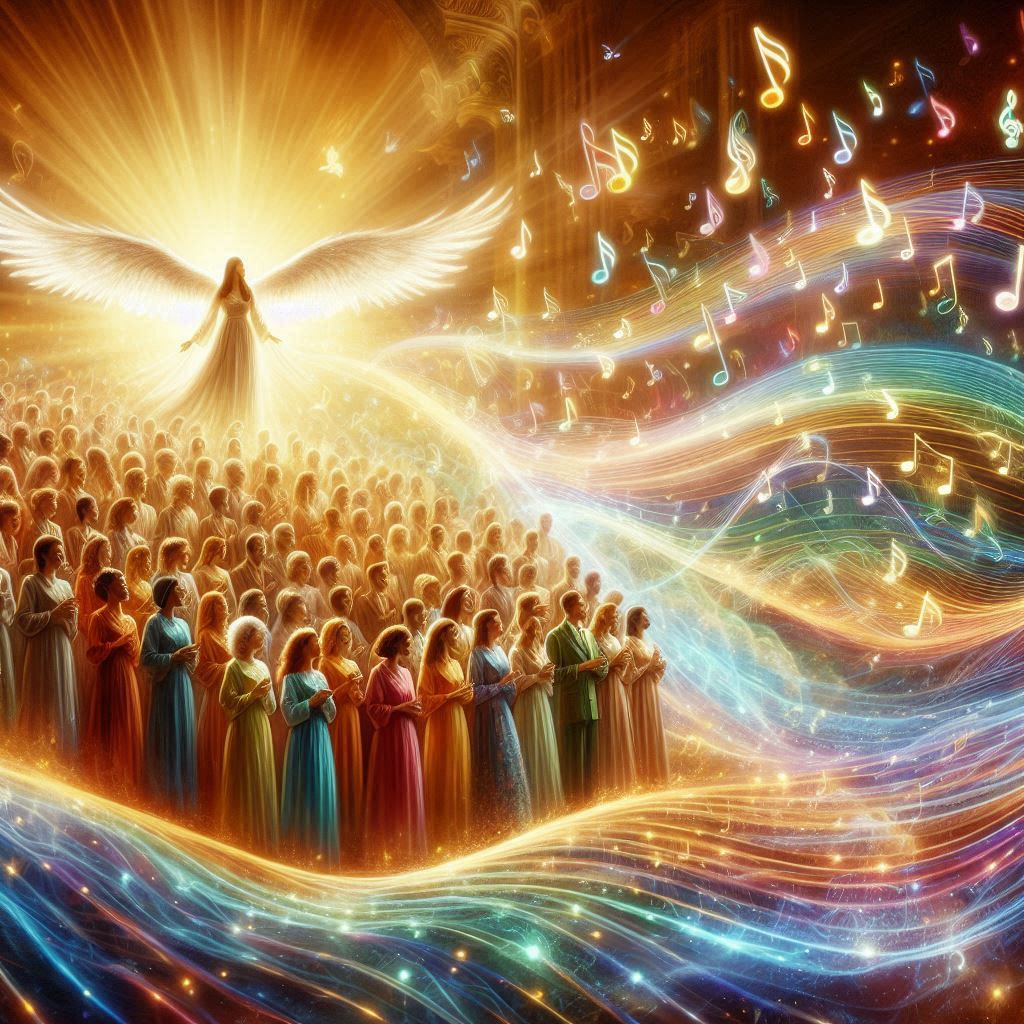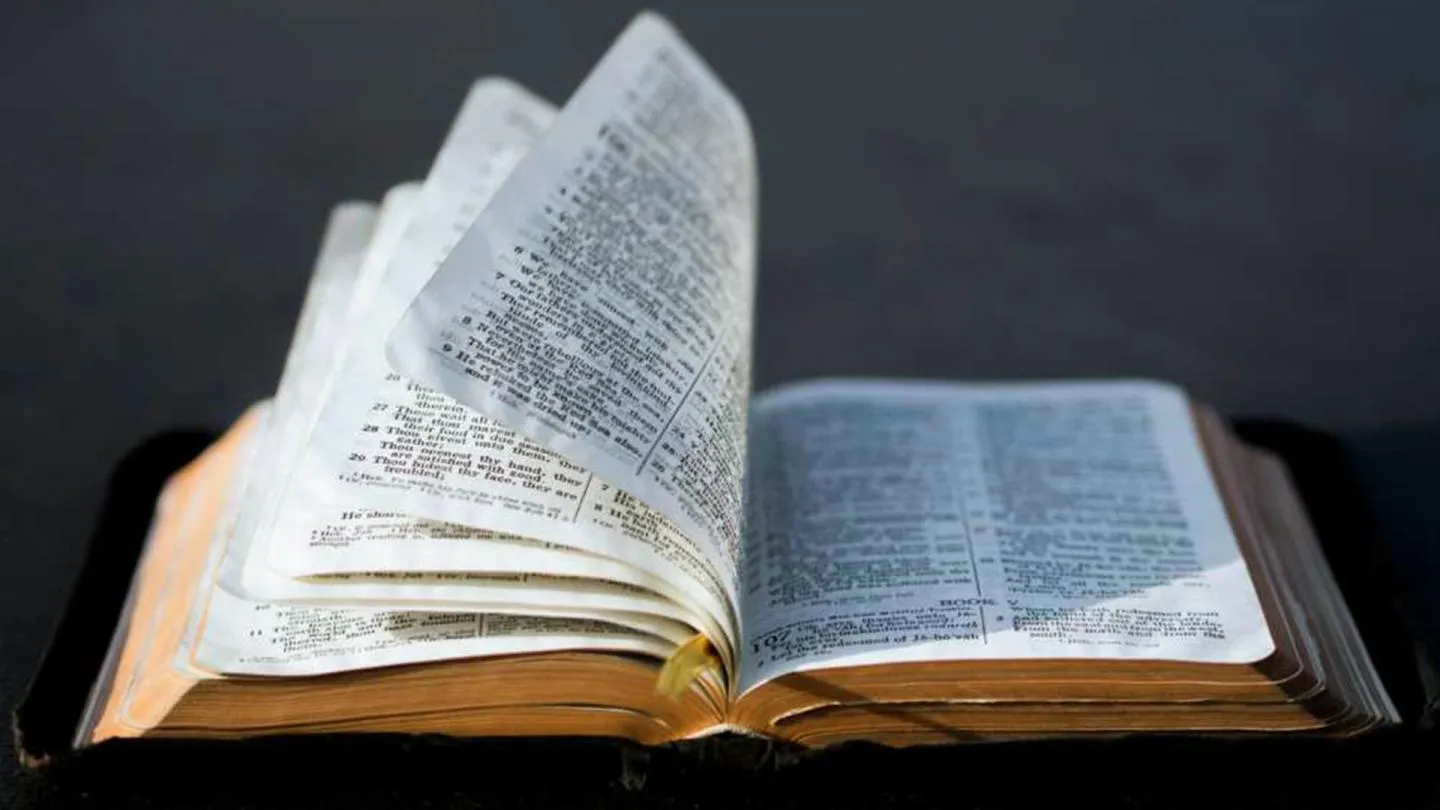The Feast of Dedication, or Hanukkah, is a Jewish holiday also known as the Festival of Lights. Hanukkah is celebrated during the Hebrew month of Kislev (late November or early December), beginning on day 25 of Kislev and continuing for eight days and nights. Jewish families gather to say prayers and light candles on a special candelabra called a menorah. Typically, special holiday foods are served, songs are sung, games are played, and gifts are exchanged.
Feast of Dedication
- The Feast of Dedication is mentioned in the New Testament Book of John 10:22.
- The story of Hanukkah, which tells the origins of the Feast of Dedication, is recorded in the First Book of Maccabees.
- Hanukkah is called the Feast of Dedication because it celebrates the Maccabees’ victory over Greek oppression and the rededication of the Temple in Jerusalem.
- A miraculous event occurred during the rededication of the Temple when God caused the eternal flame to burn for eight days on one day’s worth of oil.
- To remember this miracle of provision, candles are lighted and burned during the eight days of the Feast of Dedication.
The Story Behind the Feast of Dedication
Prior to the year 165 BC, the Jewish people in Judea were living under the rule of the Greek kings of Damascus. During this time Seleucid King Antiochus Epiphanes, the Greco-Syrian king, took control of the Temple in Jerusalem and forced the Jewish people to abandon their worship of God, their holy customs, and reading of the Torah. He made the Jews bow down to the Greek gods.
According to ancient records, King Antiochus IV (who was sometimes called “The Madman”) defiled the Temple by sacrificing a pig on the altar and spilling its blood on the holy scrolls of Scripture.
As a result of severe persecution and pagan oppression, a group of four Jewish brothers led by Judah Maccabee decided to raise up an army of religious freedom fighters. These men of fierce faith and loyalty to God became known as the Maccabees. The small band of warriors fought for three years with “strength from heaven” until achieving a miraculous victory and deliverance from Greco-Syrian control.
After regaining the Temple, it was cleansed by the Maccabees, cleared of all Greek idolatry, and readied for rededication. The rededication of the Temple to the Lord took place in the year 165 BC, on the 25th day of the Hebrew month called Kislev.
Hanukkah is called the Feast of Dedication because it celebrates the Maccabees’ victory over Greek oppression and the rededication of the Temple. But Hanukkah is also known as the Festival of Lights, and this is because immediately following the miraculous deliverance, God provided another miracle of provision.
In the Temple, the eternal flame of God was to stay lit at all times as a symbol of God’s presence. But according to tradition, when the Temple was rededicated, there was only enough oil left to burn the flame for one day. The rest of the oil had been defiled by the Greeks during their invasion, and it would take a week for new oil to be processed and purified. However, at the rededication, the Maccabees went ahead and set fire to the eternal flame with the remaining supply of oil. Miraculously, God’s Holy presence caused the flame to burn for eight days until the new sacred oil was ready for use.
This miracle of the long-lasting oil explains why the Hanukkah Menorah is lit for eight consecutive nights of celebration. Jews also commemorate the miracle of oil provision by making oil-rich foods, such as Latkas, an important part of Hanukkah celebrations.
Jesus and the Feast of Dedication
John 10:22-23 records, “Then came the Feast of Dedication at Jerusalem. It was winter, and Jesus was in the Temple area walking in Solomon’s Colonnade.” (NIV) As a Jew, Jesus most certainly would have participated in the Feast of Dedication.
The same courageous spirit of the Maccabees who remained faithful to God during intense persecution was passed on to Jesus’ disciples who would all face severe trails because of their faithfulness to Christ. And like the supernatural presence of God expressed through the eternal flame burning for the Maccabees, Jesus became the incarnate, physical expression of God’s presence, the Light of the World, who came to dwell among us and give us the eternal light of God’s life.
More About Hanukkah
Hanukkah is traditionally a family celebration with the lighting of the menorah at the center of the traditions. The Hanukkah menorah is called the hanukkiyah. It is a candelabra with eight candleholders in a row, and a ninth candleholder positioned slightly higher than the rest. According to custom, the candles on the Hanukkah Menorah are lit from left to right.
Fried and oily foods are a reminder of the miracle of the oil. Dreidel games are traditionally played by children and often the whole household during Hanukkah. Probably because of Hanukkah’s proximity to Christmas, many Jews give gifts during the holiday.



